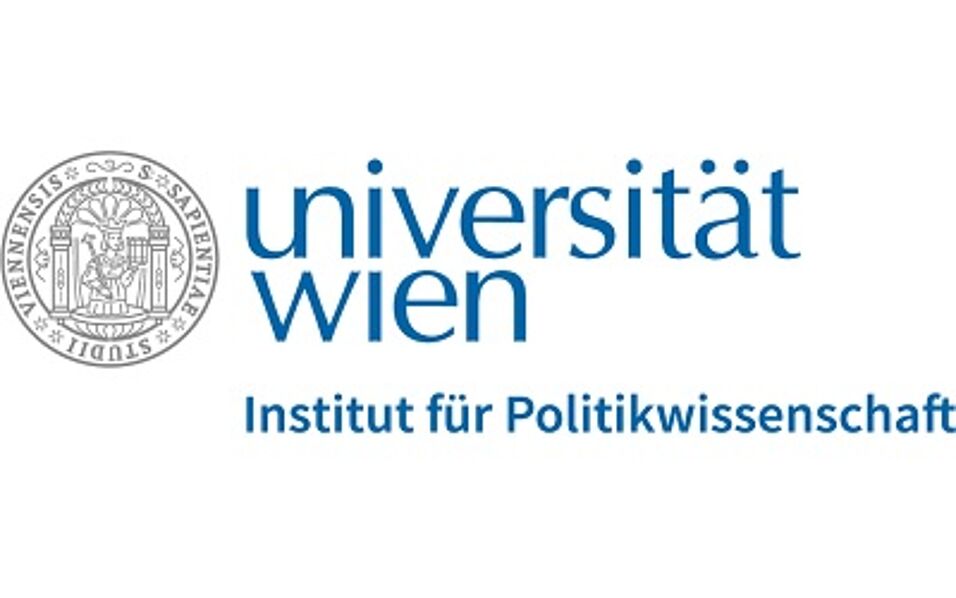In the last funding round, 14 new research projects will be supported by the NORFACE (New Opportunities for Research Funding Agency Cooperation in Europe) funding agency. The projects in this call are intended to provide a timely analysis of challenges for democratic politics.
The aim of the POPBACK project is to develop strategies to strengthen the resilience of European democracies in three years (2020-2023). To this end, mechanisms in the fields of law, economics and the media are analysed with which "excluding populists" seek to increase their power by undermining the rule of law. The project also aims to identify counter-strategies that civil society actors use to challenge exclusionary populism.
In addition to the team from the University of Vienna, researchers from Germany (Goethe University Frankfurt), Poland (Polish Academy of Sciences), Slovenia (Peace Institute), Great Britain (Loughborough University, University of Cambridge and the LSE) and the USA (University of Delaware) will conduct research in the project.
Using an interdisciplinary approach that encompasses political economy, political science, law, management and media studies, the research group compares Germany, Croatia, Austria, Poland, Slovenia, Turkey, Hungary and the United Kingdom, all of which have experienced successes by populist actors in recent years.
The associated Cambridge Centre for Science and Policy will establish five international policy fellowships for stakeholders from the countries under study. The fellowships will provide evidence-based insights for the transnational exchange of knowledge.
In addition, the project seeks to reach a wider audience by staging a participatory performance in collaboration with artists in four cities to engage in dialogue with citizens.
New research project: "Populist Backlash, Democratic Backsliding, and the Crisis of the Rule of Law in the European Union" (POPBACK)

